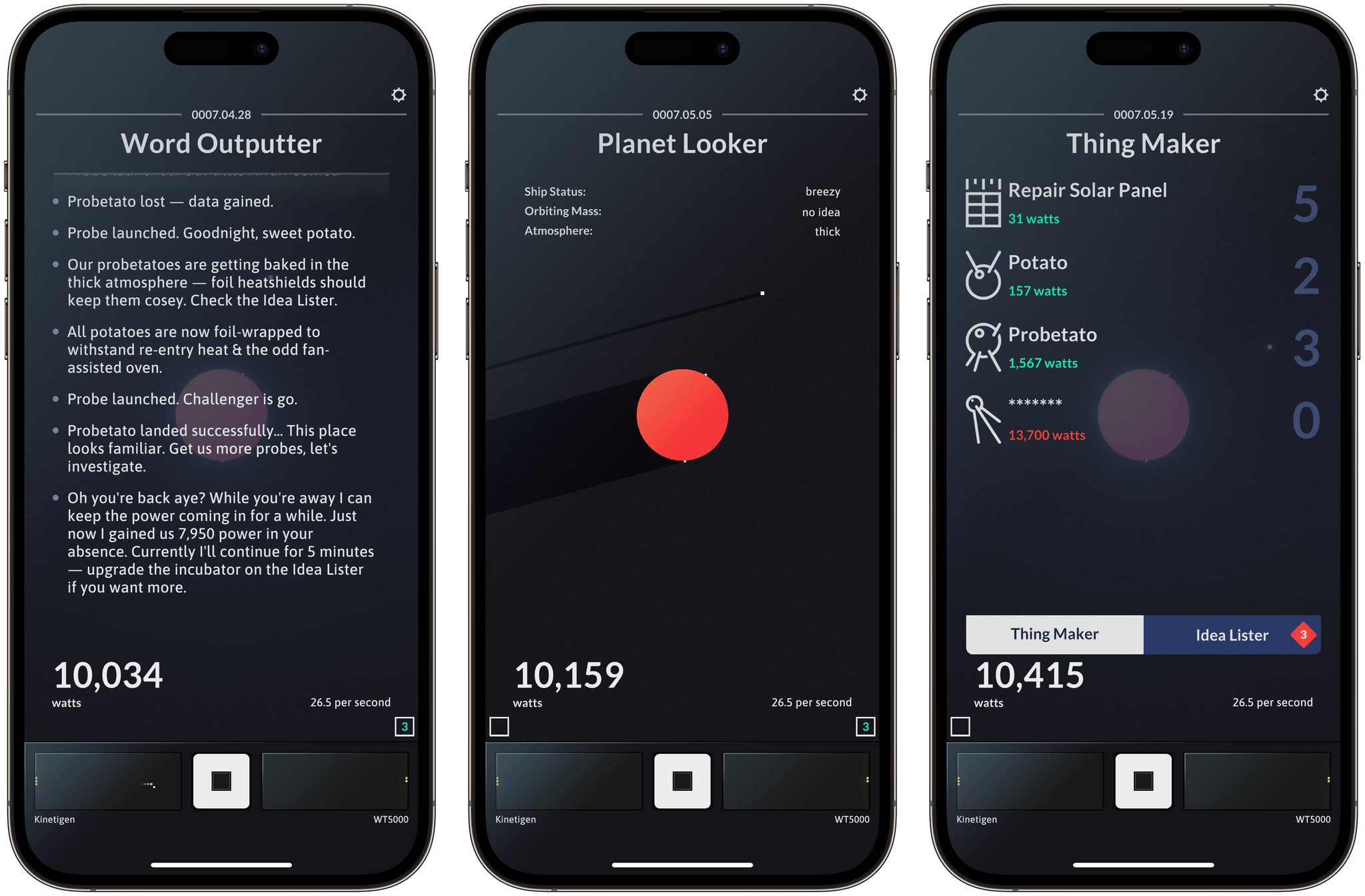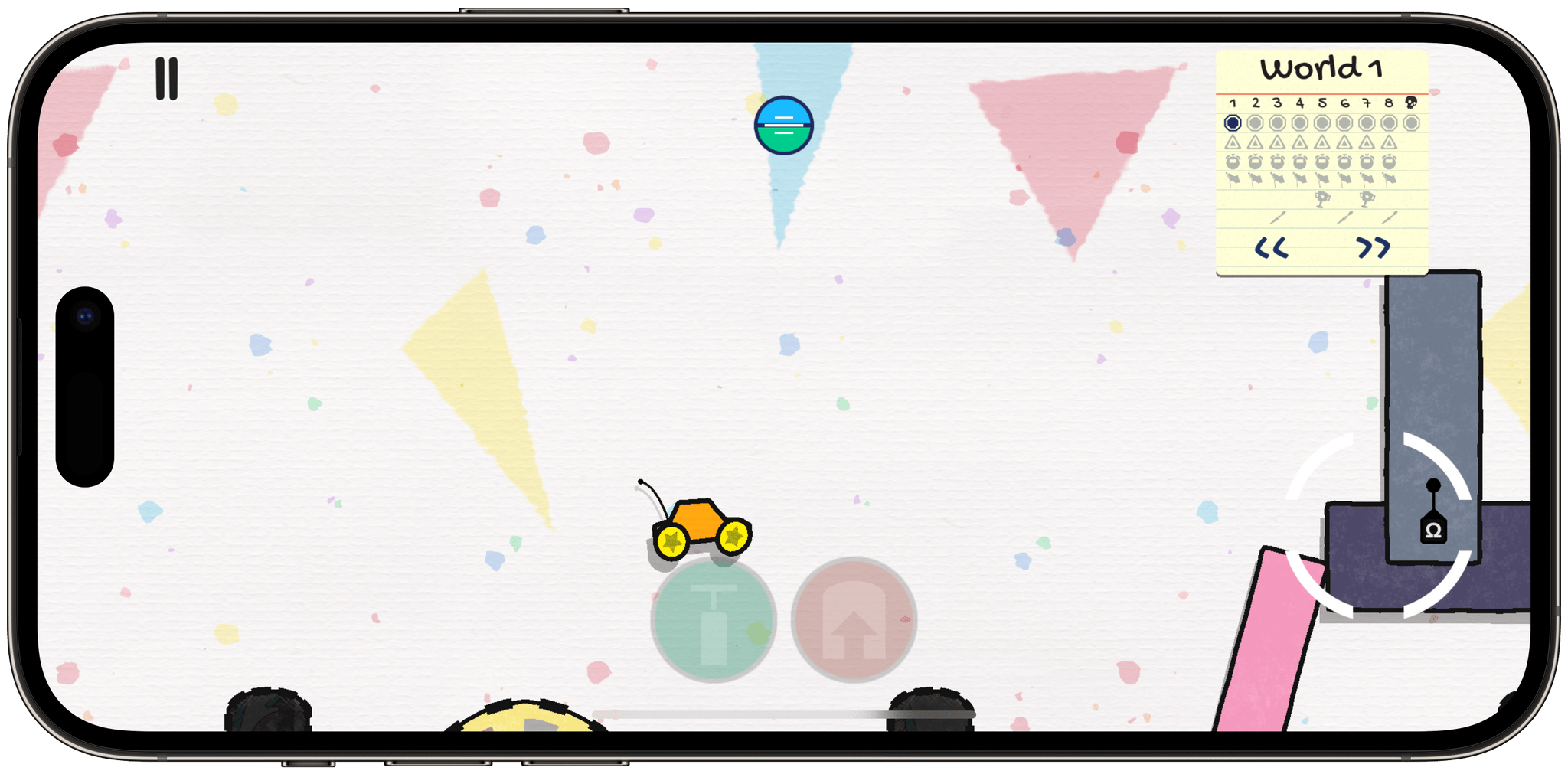Juli Clover, writing for MacRumors on a new addition to Apple Music:
Apple Music today gained a new “Discovery Station,” which is located under the “Listen Now” section under Top Picks in the Apple Music app. The customized radio station is paired with the personalized radio station featuring your name, and it has the “Made for You” label. It can also be accessed through this link for those who do not yet see it.
As noted by AppleInsider, the radio station appears to play songs of a similar style to songs that are in your personal library and that you have listened to and liked in the past, but it chooses songs you don’t have in playlists or your library.
I’ve been writing about the topic of algorithmic discovery in music streaming services for years now, so as soon as I read about this new station, I immediately went to check it out.
It’s only been a few hours, but my impression is that Apple sees the “discovery” part of this ‘Discovery Station’ as something fundamentally different from Spotify’s Discover Weekly. Spotify’s popular algorithmic playlist (which refreshes once a week) is generally skewed toward lesser-known acts and recent releases; in the hours I’ve been testing Apple’s new radio station, it seems it’s not afraid to recommend older music from bands I am familiar with and that I wouldn’t consider “niche”, but which I don’t have in my music library either. For instance, I’ve been listening again for the last 30 minutes, and my recommendations were largely mid-2000s emo/pop-punk songs. Not that I’m complaining.
Apple hasn’t officially announced the Discovery Station yet, and I assume they’re still adjusting the balance of the algorithm powering it. I did get a few recommendations from new and unknown (at least to me) artists, which is a good sign that the ultimate goal of the radio station might be a healthy mix of songs you’ve never heard of and songs you sort of knew but never saved in your library.
I’m going to keep an eye on the Discovery Station; I have a feeling I’ll end up listening to this radio station a lot over the coming weeks.


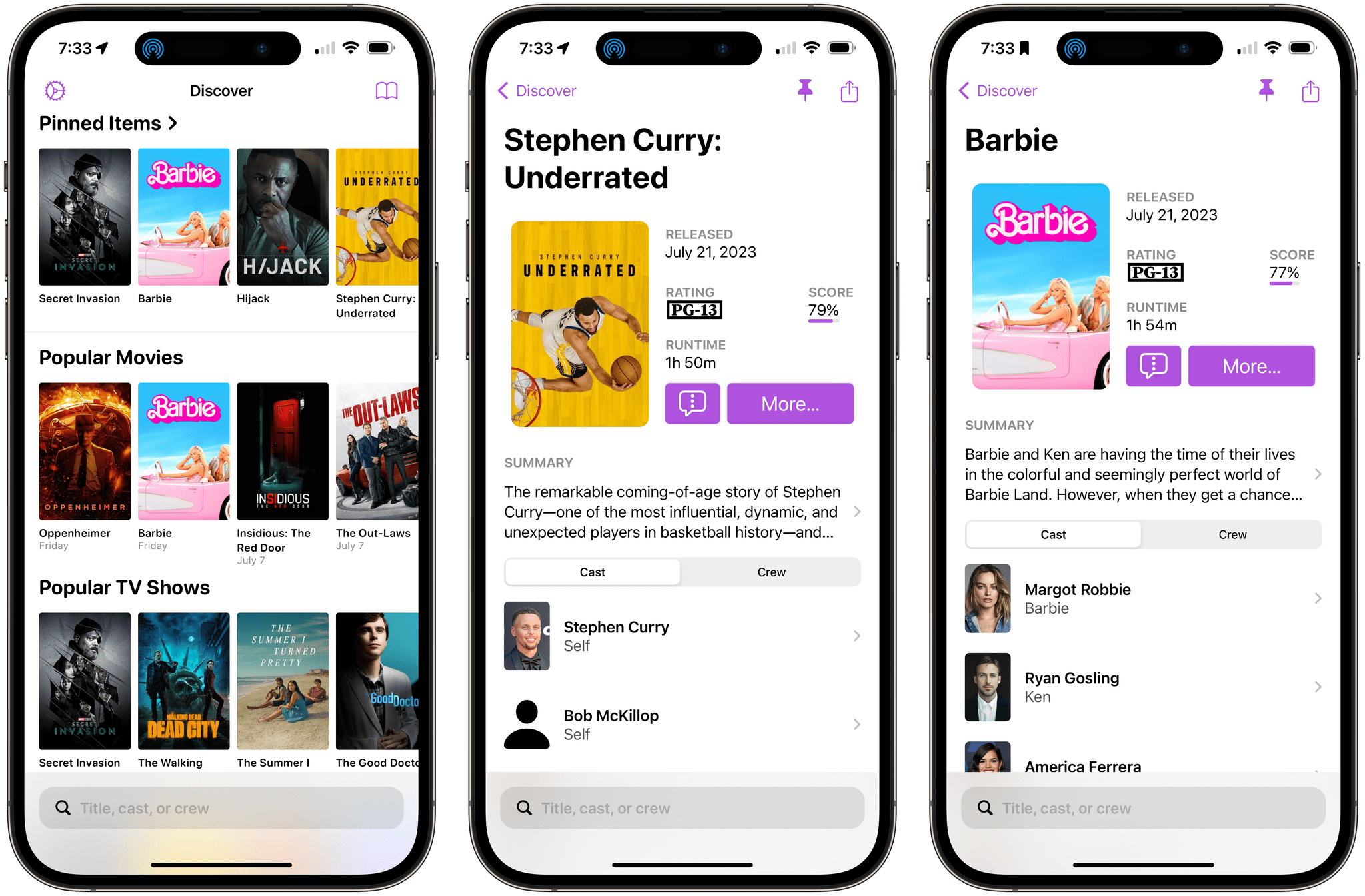

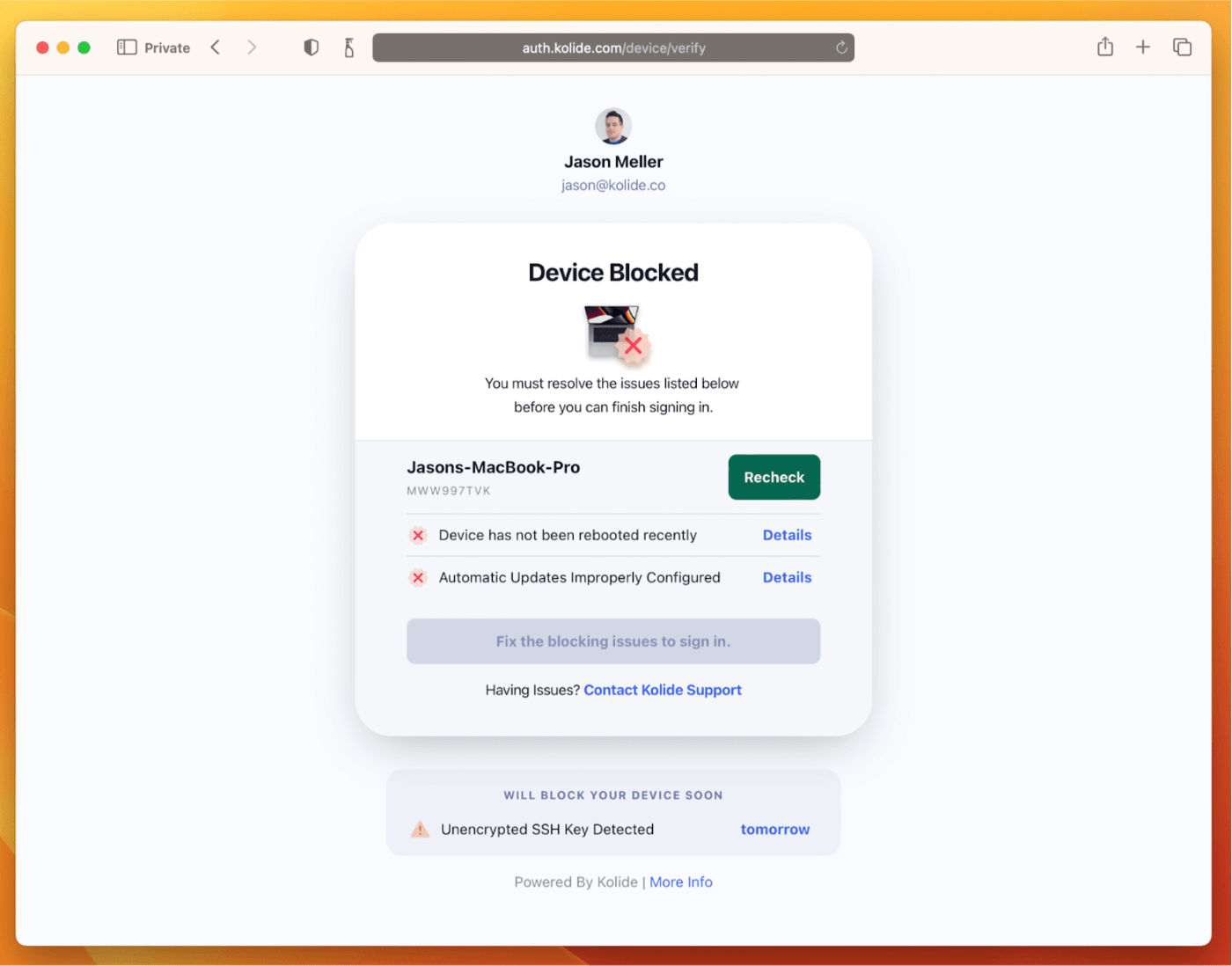







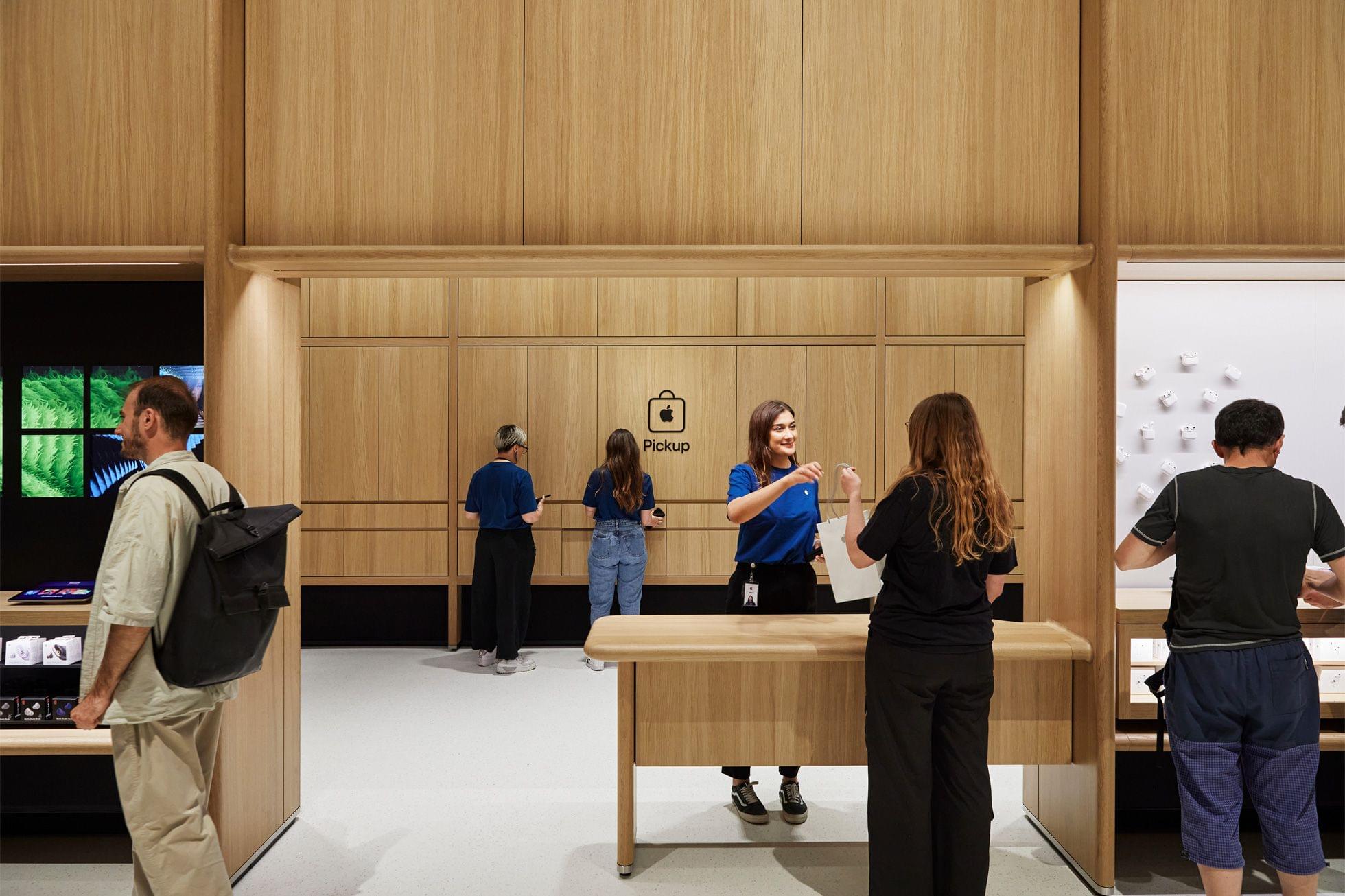
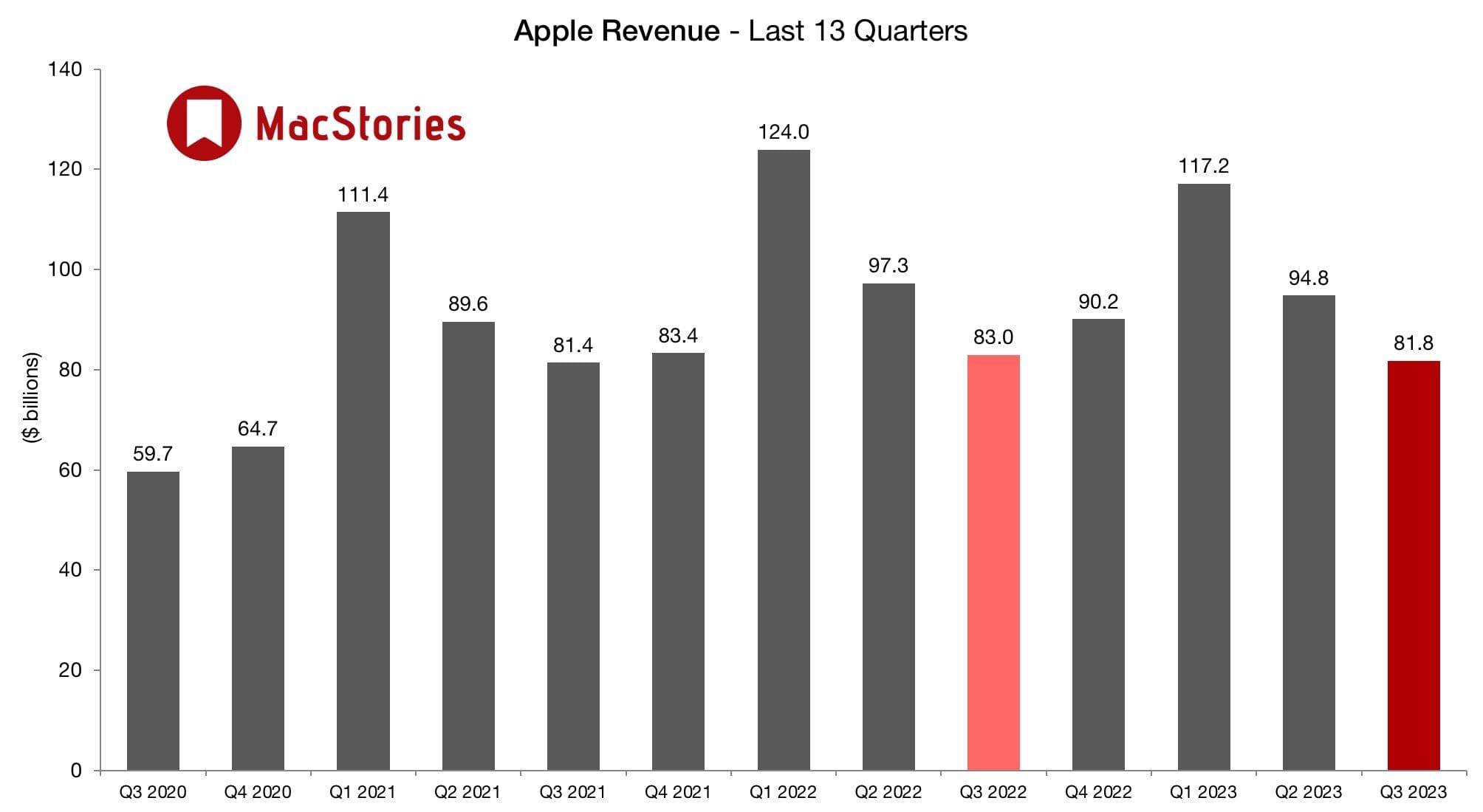
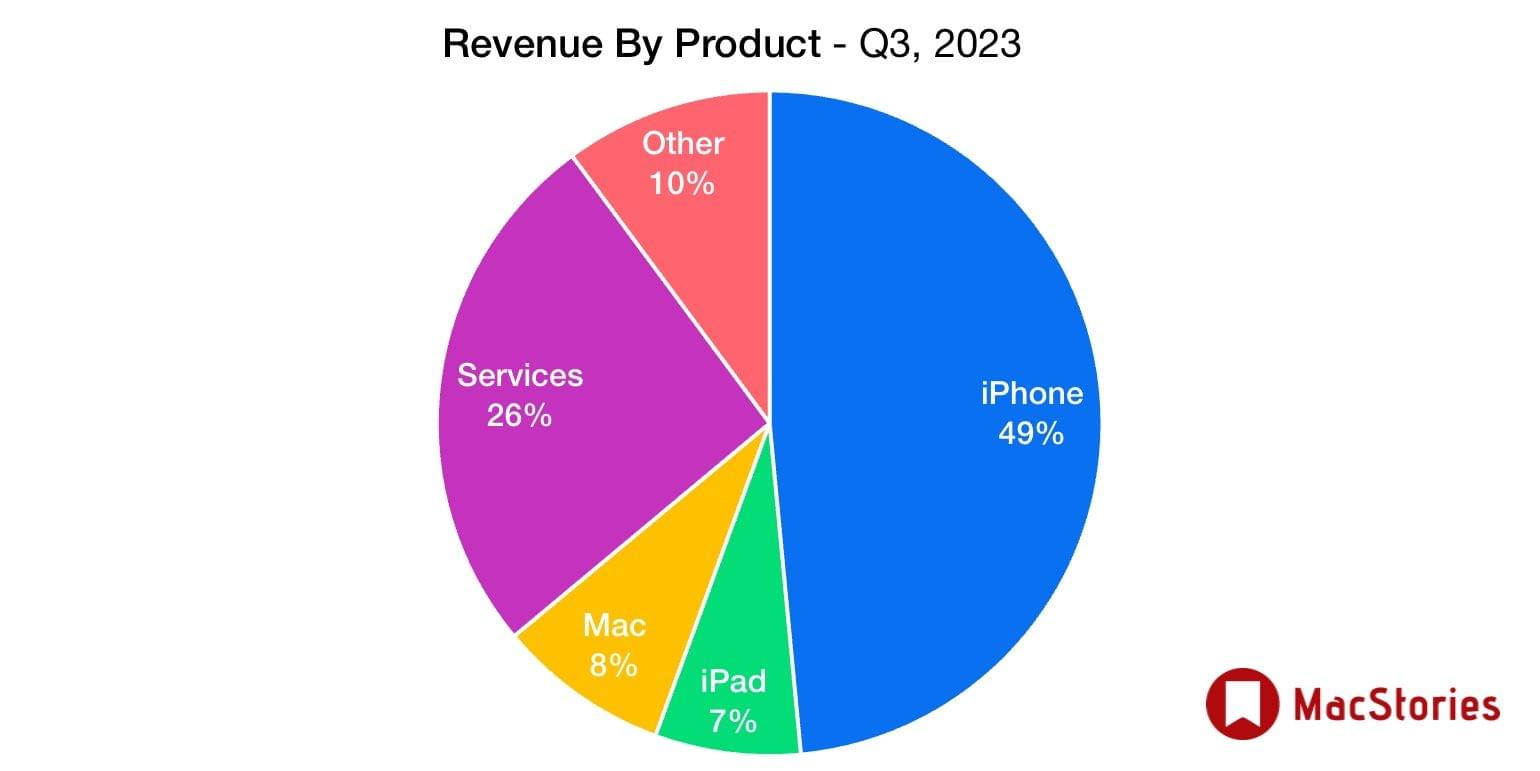
](https://cdn.macstories.net/banneras-1629219199428.png)

